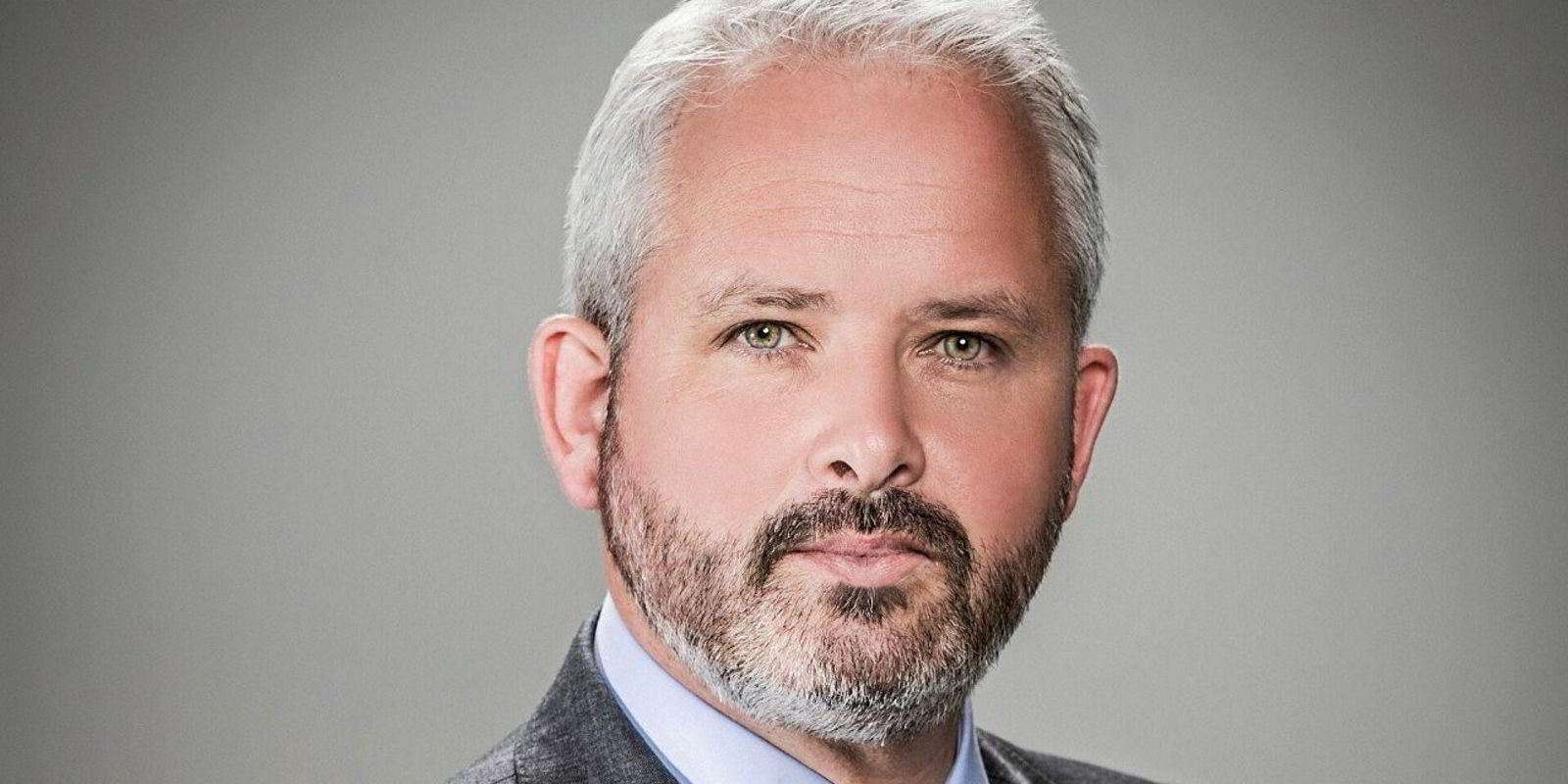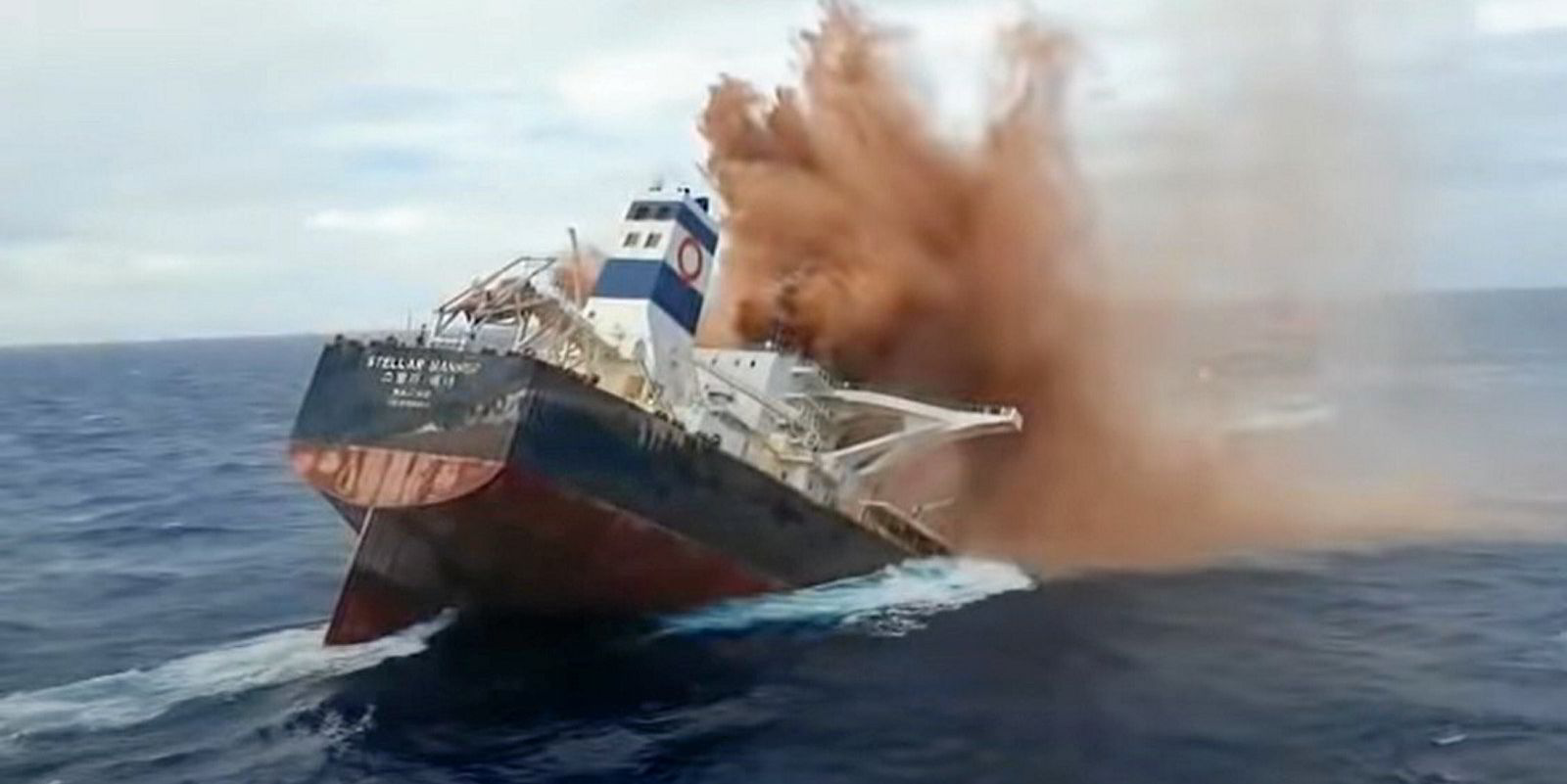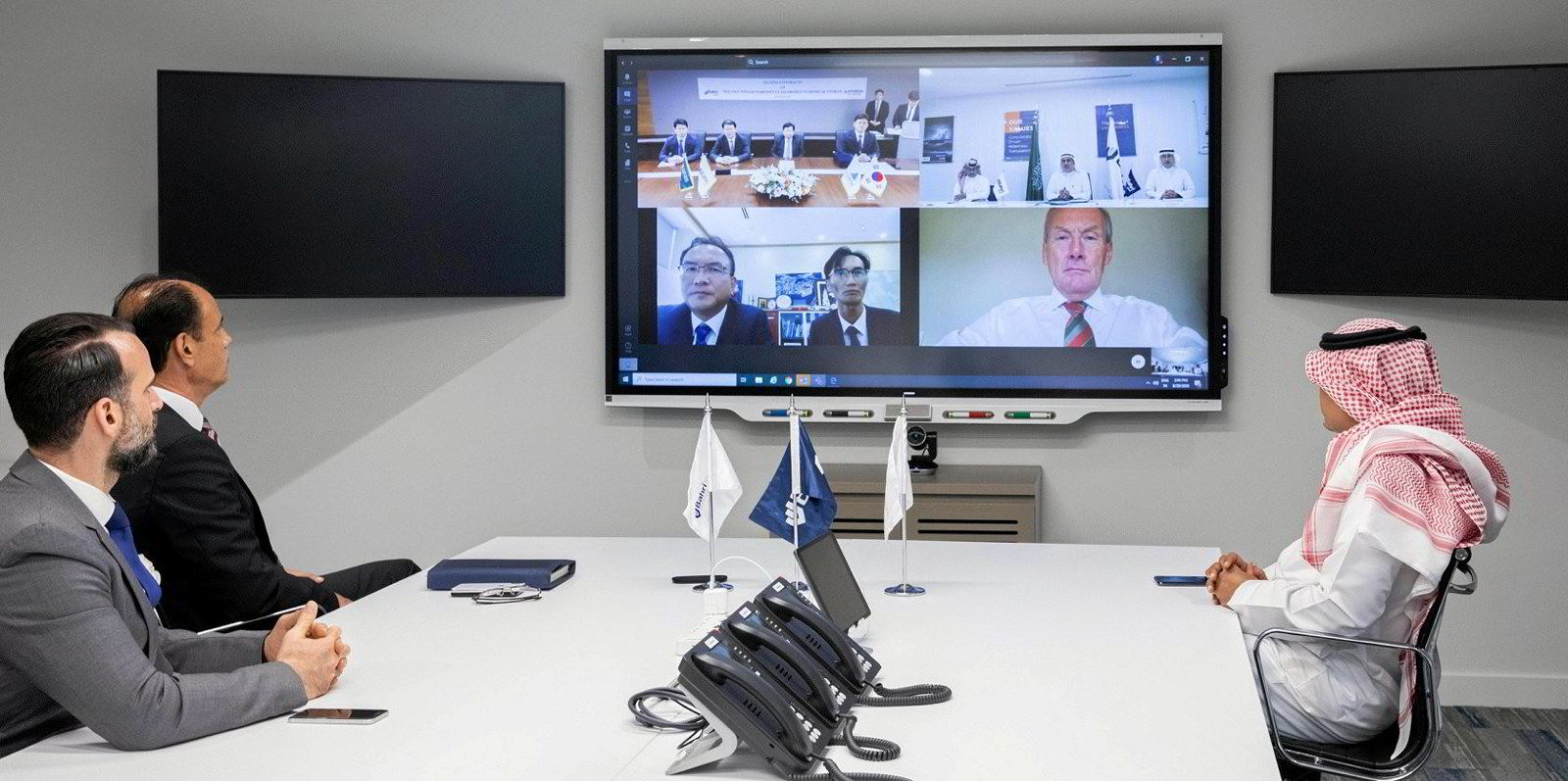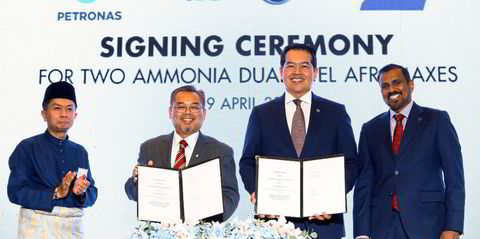It is easy to consider that the crisis in seafarer welfare and human rights abuse brought about by the inaction of governments internationally is exceptional. Certainly, it is unprecedented in scale, with around 400,000 seafarers either stranded at sea or at home as a result of Covid-19 travel restrictions throughout 2020.
While this has been the year of a global pandemic, it is also been the year where the fundamental human rights of seafarers and fishers have finally been brought into the mainstream narrative of public international awareness.
On 1 December 2020, following calls from across the industry, the United Nations' General Assembly itself called on UN member states to designate seafarers and other marine personnel as key workers and to implement relevant measures to allow stranded seafarers to be repatriated and others to join ships, and to ensure access to medical care. It is also hoped that key worker designation will ensure that seafarers can be vaccinated expeditiously.
The emerging human rights focus
Notably, the International Maritime Organization’s emerging and explicit focus on the human rights aspects of the situation is welcomed. Browsing through the IMO’s news and history, it becomes clear that its recognition of Human Rights Day on 10 December this year is both distinctive and arguably unprecedented.
In a statement issued on the day, IMO secretary-general Kitack Lim invited everyone in logistics and supply chains to stand up for human rights across the maritime sector.
"Sadly, we have seen human rights of seafarers, fishers and other marine workers put in jeopardy during the pandemic," Lim said. "This is a clear human rights issue. This is causing immense strain, fatigue and exhaustion — and is unsustainable."
Meantime, the International Transport Workers' Federation, International Chamber of Shipping, International Trade Union Confederation and others have consistently highlighted human rights issues during the current seafarer crisis, which is driving home the privations that seafarers are suffering, including being subject to forced labour conditions.
In May 2020, in a joint letter to UN secretary general Antonio Guterres, the organisations highlighted the responsibility of state governments to adhere to the UN Guiding Principles on Business and Human Rights, which include the fundamental obligation of governments to protect rights-holders both under normal circumstances and at times of crisis.
Migrants and the Maersk Etienne
Although the current Covid-19 crisis is capturing popular attention, another human rights issue is unresolved: the impact of mixed migration. In September, the 27 people rescued by the tanker Maersk Etienne were finally disembarked after 38 days. Included among them was a pregnant woman and at least one child. During that time, the ship ran low on supplies, some people jumped overboard, and some threatened to go on a hunger strike.
Fewer NGOs are sending rescue ships out to the Mediterranean due to attempts to criminalise their rescue efforts, so commercial ships could face greater involvement in saving lives, as is being addressed by the likes of Danish Shipping.
The emergence of Human Rights at Sea
These global issues are indicative of the void in which the independent civil society NGO platform Human Rights at Sea has emerged. There has been — and still is — the need to better expand the concept of human rights beyond necessary labour rights protections across the entire maritime environment and its supply chains.
Such work is based on the simple, but fundamental principle that "human rights apply at sea, as they do on land".
Previously recognising the now clearly articulated need for a "human rights at sea" concept and narrative, Human Rights at Sea has spent the last seven years defining, developing and sharing the legal and policy basis for addressing the explicit application and enforcement of human rights and highlighting protection gaps.
Some of the charitable NGO’s key human rights deliveries to date include the development of the Geneva Declaration on Human Rights at Sea, innovating victim-led arbitration remedies and reporting on flag states’ respect for human rights.
Human Rights at Sea is delighted with the recent increase in high-level vocalisation of human rights issues by industry stakeholders. It welcomes the opportunity to work together with more international entities to fulfil its own vision to end human rights abuses at sea now seemingly a shared vision with seafarers, educators, academics, civil society, the union movement, maritime industry and the IMO.
David Hammond is founder and chief executive of Human Rights at Sea






